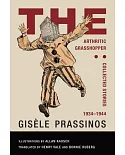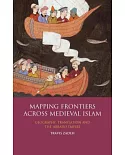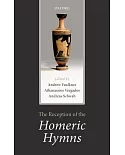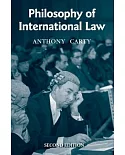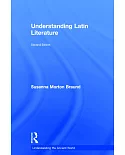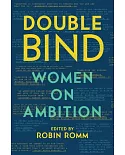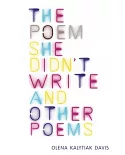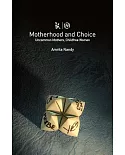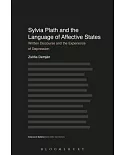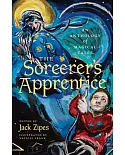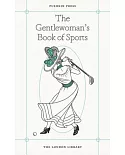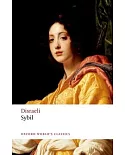These translated letters and texts composed for younger and older women in twelfth-century convents illuminate the powerful medieval ideals of virginity and chastity. They show that the
literature of virginity and chastity could offer a wide range of role models and precedents for women in the medieval church, both in their spiritual formation and in the practical concerns of
their monastic lives. Abelard's history of women's roles in the church and his letter on women's education, both written for Heloise in her work as abbess, are seen here alongside previously
untranslated letters and texts for abbesses and nuns in England and France. Osbert of Clare, Goscelin of St Bertin and the women of Barking together with Peter the Venerable and the women of
Marcigny offer fresh comparisons and contexts for the famous correspondence of Heloise and Abelard, as well as insight into the rich literary and cultural life of other women and men in
religion. An interpretive essay explores the practical and spiritual engagement of women's convents with medieval commemorative and memorial practices, showing that the professional concern of
women religious with death goes far beyond the stereotype of nuns as dead to the world, or enclosed in living death. VERA MORTON gained an MA in Medieval Studies at the University of Liverpool
in 1994. JOCELYN WOGAN-BROWNE is Professor of English at Fordham University, NY.


